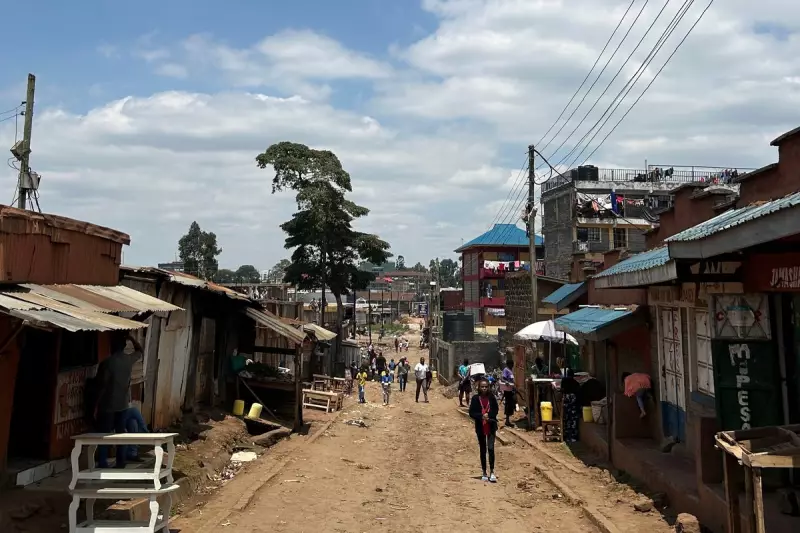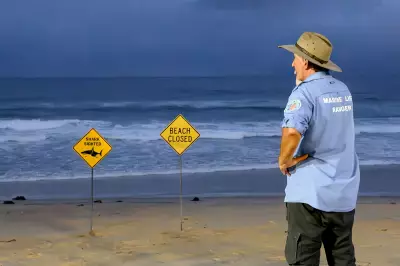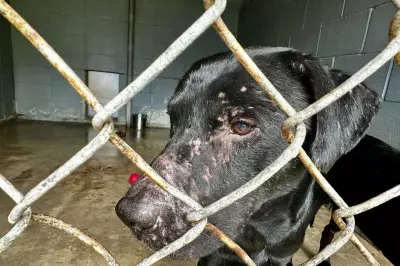
The shadow of Donald Trump's presidency continues to loom over one of Africa's largest informal settlements, where promised climate aid has evaporated following the former US leader's withdrawal from international environmental agreements.
In Nairobi's vast Kibera slum, home to approximately 250,000 residents, ambitious renewable energy projects face an uncertain future after Trump-era policies triggered devastating cuts to climate funding. These initiatives were designed to provide sustainable electricity to some of Kenya's most marginalised communities.
A Fragile Lifeline Severed
The funding cuts, implemented during Trump's administration when he pulled the United States out of the Paris Climate Accord, have had real-world consequences for vulnerable populations. Community-led projects that promised cleaner cooking solutions and reliable electricity now hang in the balance.
"We had begun installing solar panels and developing cleaner cooking alternatives that would reduce indoor air pollution," explained a local project coordinator who wished to remain anonymous. "The withdrawal of American support has left many families relying on dangerous and expensive alternatives."
The Human Cost of Policy Shifts
The situation in Kibera illustrates how international political decisions can directly impact grassroots development efforts. Many residents, who survive on less than two dollars per day, cannot afford conventional electricity and instead use kerosene lamps and firewood, contributing to health problems and environmental degradation.
Local environmental activists express frustration at becoming collateral damage in global political manoeuvring. "When wealthy nations make promises to developing countries facing climate challenges, then abruptly withdraw support, it's the most vulnerable who suffer," noted a Nairobi-based climate advocate.
Broader Implications for African Development
The funding gap left by US withdrawal affects not only energy projects but broader climate resilience efforts across Kenya and neighbouring nations. Agricultural initiatives, water conservation programs, and disaster preparedness schemes have all felt the impact of reduced international climate financing.
With climate change intensifying drought cycles and unpredictable weather patterns across East Africa, the timing of these cuts could not be worse for communities already struggling to adapt.
A Waiting Game for Vulnerable Communities
As the political landscape continues to evolve in Washington, residents of Kibera and similar settlements across Africa watch with cautious hope. The reinstatement of American climate commitments under the current administration has yet to translate into restored funding for these critical local projects.
For now, community organisers continue their work with diminished resources, hoping that international attention will once again turn to supporting those most affected by a changing climate they did little to create.





